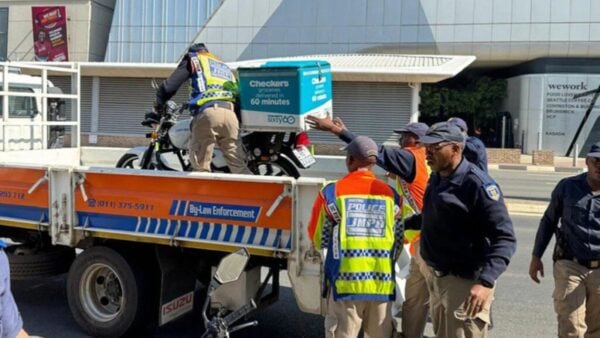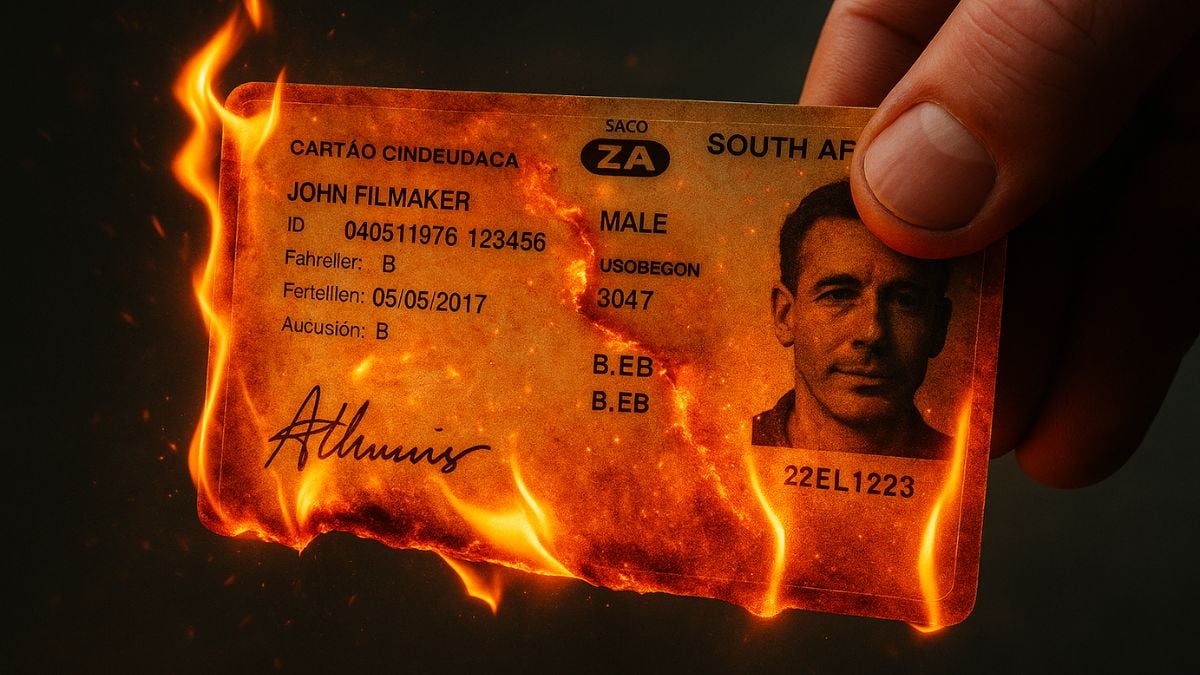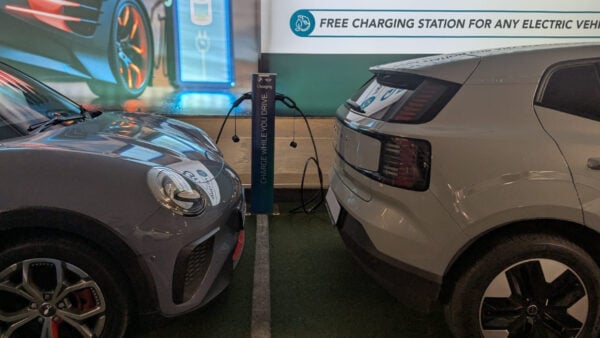Warning to people buying and selling illegal prepaid electricity in South Africa

Johannesburg power utility City Power is actively pursuing ghost electricity vendors in the metro, and spokesperson Isaac Mangena has warned that illegal vendors and buyers could face legal consequences.
Ghost vendors are individuals involved in the unauthorised sale of electricity, a practice which City Power says threatens its power grid’s integrity.
“We strongly condemn both the sale and purchase of illicit electricity units,” EWN quoted Mangena as saying.
“These transactions are illegal, invalid, and pose serious risks to customers, including service disruptions and potential legal consequences.”
He added that prepaid electricity units must be purchased through authorised and official vendors. Buying electricity from any other point of sale violates the law and City Power’s supply protocols.
The warning comes after City Power spotted various adverts for discounted electricity units circulating on social media.
Mangena says City Power has intensified its efforts to end the fraudulent schemes.
Another significant challenge to ensuring grid integrity is illegal connections, which involve households and businesses tampering with or bypassing their meters.
Eskom has previously termed households and businesses with illegal connections or that buy illegal electricity units “zero buyers”.
However, a more appropriate term is electricity thieves, as these customers have consumed electricity without paying the utility for it.
South African residents with prepaid meters were forced to update their meters by late 2024, and the project revealed that many of these users were consuming electricity illegally.
Households and businesses in the country were forced to update their meters by 24 November 2024. However, this deadline came and went, and Eskom noted that more than two million meters were still outstanding.
It said a significant portion of its customers’ prepaid meters haven’t been vending electricity, which Eskom said could be due to one of four reasons:
- The customers have bypassed their meters and consume electricity without reducing their units.
- Customers are loading their meters with illegal electricity tokens from illicit or “ghost” vendors.
- These are meters in areas which Eskom has disconnected.
- The meters are loaded with a large amount of electricity, which is unlikely due to Eskom’s Incline Block Tariff structure, which discourages buying in bulk.
It is suspected that roughly 1.7 million of these customers were illegally bypassing their meters or buying tokens from illegal vendors.
Slap on the wrist for zero buyers

As a result, the state-owned power utility gave these zero buyers a grace period to update their meters, which expired on 13 December 2024.
“Customers who visit Eskom centres by this date and settle any outstanding tamper fines will have their meters repaired or replaced, electricity supply restored, and accounts regularised without additional charges,” it said.
“Eskom has been running its most recent campaigns over the last 18 months appealing to electricity users to come forward and do what is right by regularising accounts and buying electricity from legal vendors.”
The power utility warned that, starting on 14 December 2024, it would intensify the auditing of meters and installations.
“This will include issuing tamper fines, potentially up to R12,000, and could involve criminal charges for repeated offences,” Eskom said.
“Eskom encourages customers to resolve their issues within the grace period to avoid these severe penalties and ensure their accounts are regularised.”
It added that customers buying electricity illegally or bypassing their meters threatened its operational and financial sustainability.
Although Eskom said fines could go up to R12,000, spokesperson Daphne Mokwena previously said they were around R6,000.
































